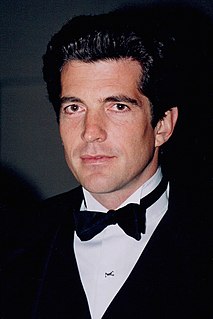A Quote by Bill Maris
All the information in the world has been pretty dispersed, but Google's mission has been to organize it and make it universally accessible.
Quote Topics
Related Quotes
Google’s objective is to organize the world’s information and to make it accessible. Unicode plays a central role in this effort because it is the principal means by which content in every language can be represented in a form that can be processed by software. As Unicode extends its coverage of the world’s languages, it helps Google accomplish its mission.


































